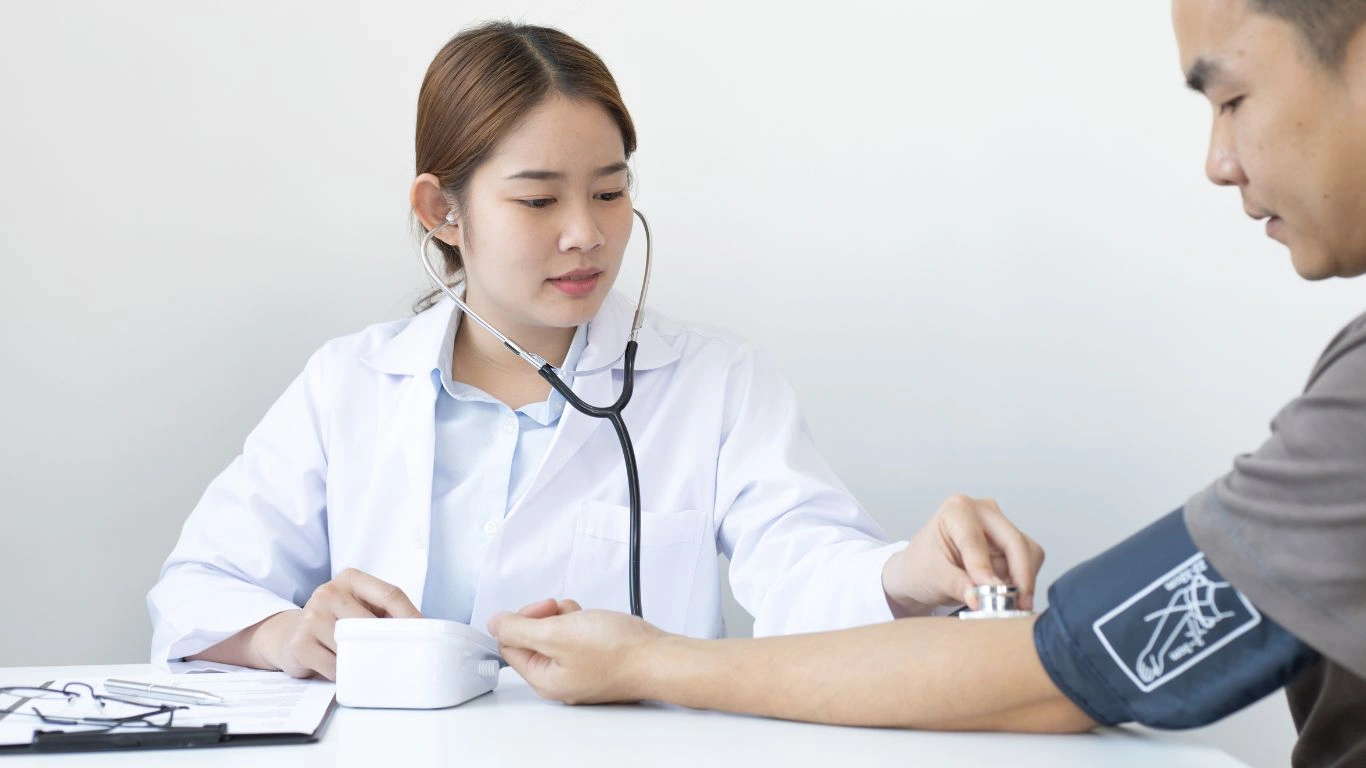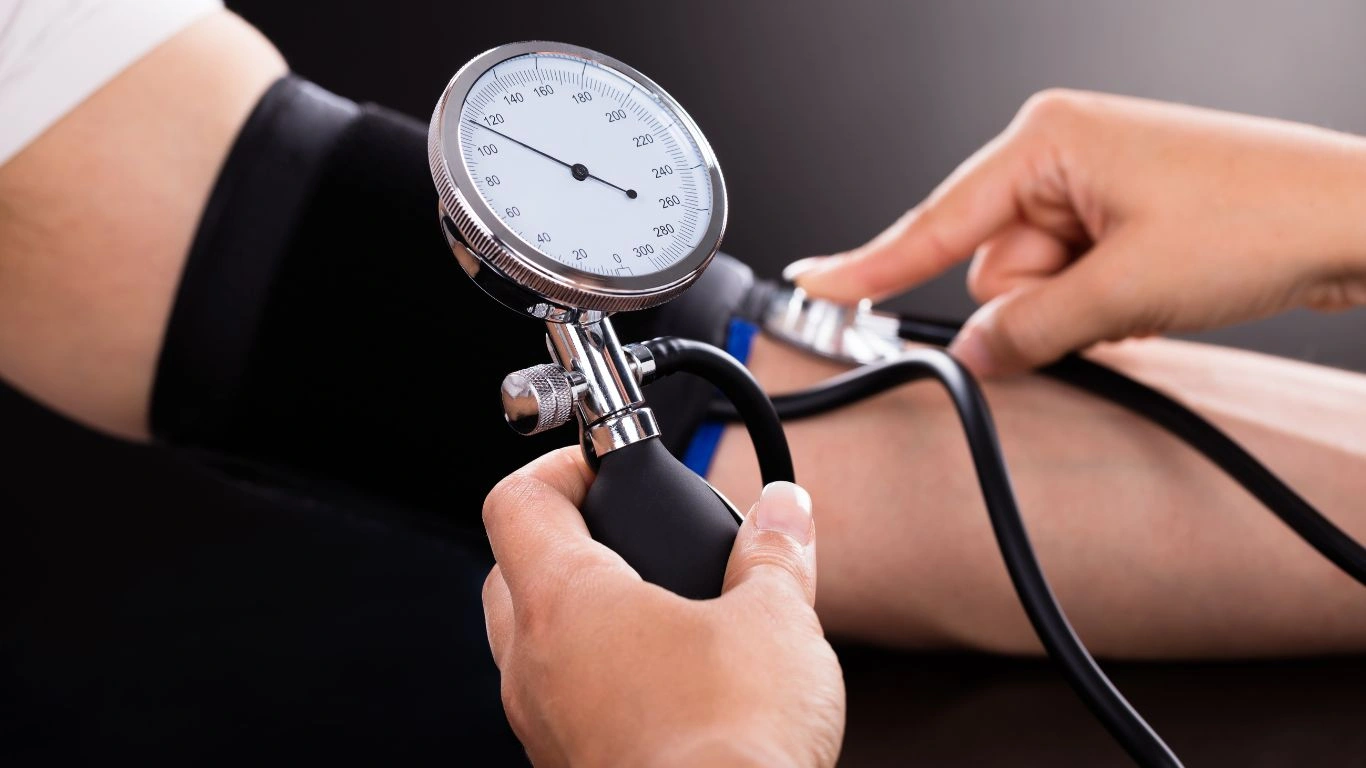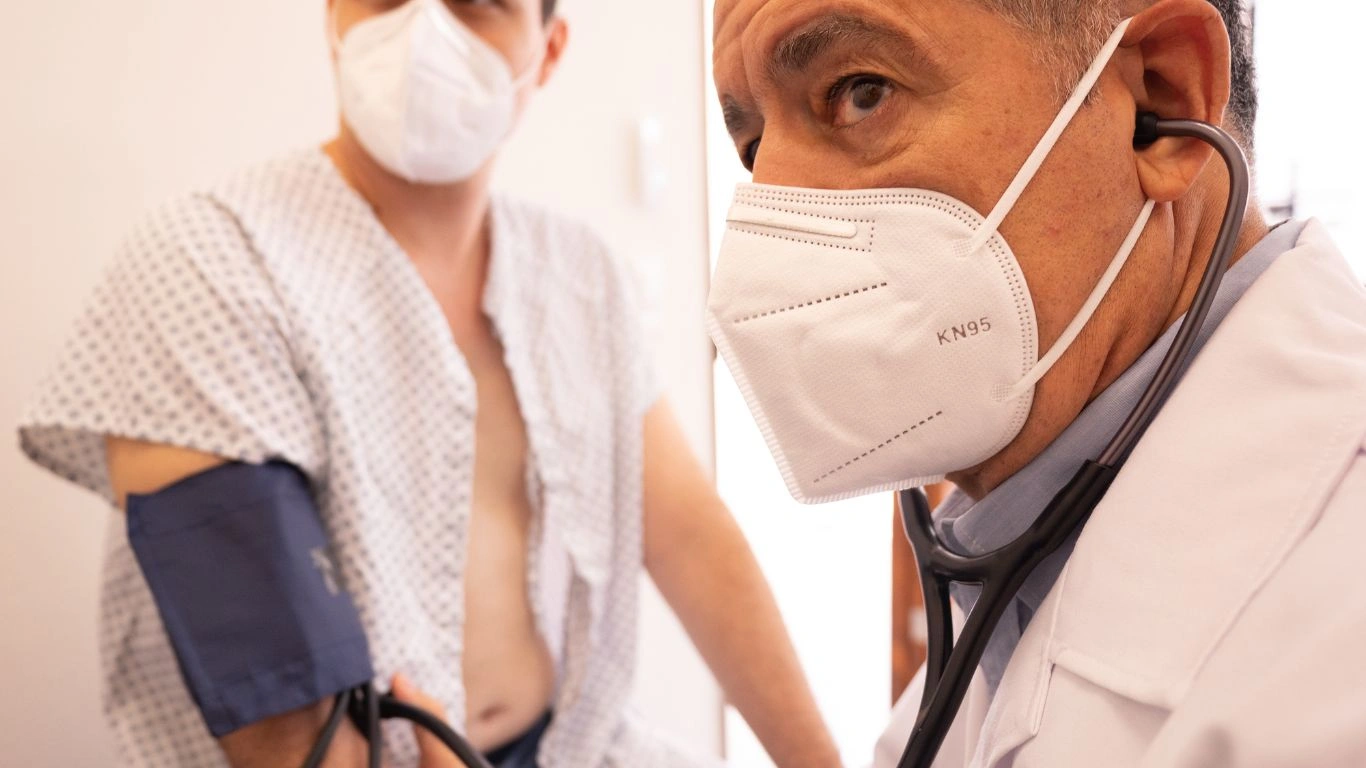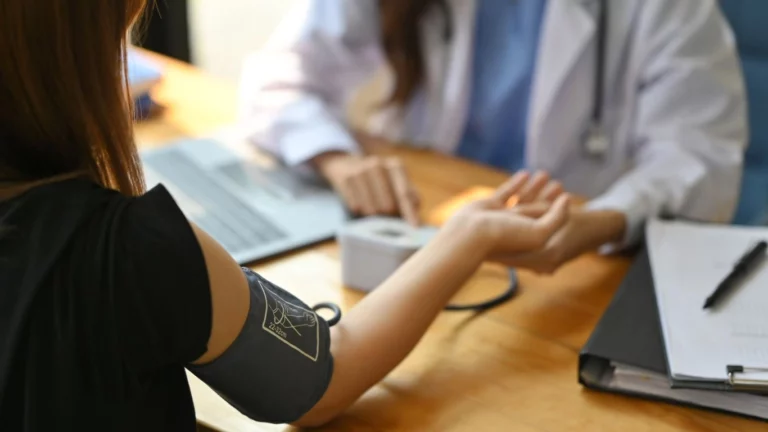Blood Pressure-Safe Ways to Enjoy Coffee Without Sacrificing Flavor or Health
As a physician specializing in hypertension management, I’ve often heard my patients ask whether it’s safe for them to enjoy their daily cup of coffee. After all, coffee has a reputation for being a potential villain when it comes to blood pressure. But is it really that bad, or can it be consumed in moderation without triggering any unwanted spikes? If you’re someone who loves your coffee but is concerned about your blood pressure, you’re in the right place. Let’s dive into blood pressure-safe ways to enjoy coffee while keeping your health in check. I’ll also share some tips and tricks I’ve picked up over the years of working with patients, as well as what the latest research says about coffee’s impact on blood pressure.
The Link Between Coffee and Blood Pressure
We’ve all heard the myths about coffee raising blood pressure, but what does the science actually say? The truth is a bit more nuanced than you might think. Caffeine, the main stimulant in coffee, is known to have a temporary effect on blood pressure
How Coffee Affects Blood Pressure in the Short-Term
When it comes to how coffee affects blood pressure, most of the research has focused on short-term impacts. The main culprit here is caffeine. If you’ve ever noticed a slight spike in your heart rate or a feeling of being more alert after that first sip, it’s because caffeine is a stimulant that temporarily increases your heart rate and causes a constriction of your blood vessels. This can lead to a small, short-term increase in blood pressure, usually peaking about 30 minutes after consumption. It’s important to note that this effect is temporary and tends to wear off in a few hours.
As someone who has seen many patients with hypertension, I always remind them that the degree to which coffee affects blood pressure can vary significantly from person to person. Some individuals experience a noticeable rise, while others might not see much of a change at all. That’s why personal experience and monitoring are so important. If you notice a significant jump in your blood pressure after drinking coffee, it might be worth experimenting with smaller amounts or switching to a different type of beverage. Keep in mind that caffeine sensitivity can change over time, and even small changes in your coffee habits can make a difference.
Long-Term Effects of Coffee on Hypertension
Now, let’s dive into the long-term effects. While the temporary spike in blood pressure is well-documented, does regular coffee consumption over time have a lasting impact? The research on this is still ongoing, but here’s what we know so far. For most people, regular coffee drinking doesn’t seem to significantly affect long-term blood pressure levels. In fact, some studies suggest that long-term coffee consumption may even lead to a tolerance effect, where the initial rise in blood pressure becomes less noticeable with regular use.
However, there are exceptions. If you already have hypertension or are at high risk for developing it, your body might not adapt to caffeine in the same way. In these cases, even long-term coffee consumption might keep your blood pressure elevated. Again, this is why personal monitoring is essential. If you’ve been diagnosed with high blood pressure, it’s always a good idea to regularly check your readings after drinking coffee. Over time, this will help you identify any patterns that can guide you in making healthier choices.

Blood Pressure-Safe Ways to Enjoy Your Coffee
So, how can you still enjoy your coffee without worrying about it sending your blood pressure through the roof? Here are some blood pressure-safe ways to enjoy your favorite brew, based on both my personal experience and current research:
1. Choose Low-Caffeine or Decaffeinated Options
If you’re sensitive to caffeine or just want to play it safe, switching to low-caffeine or decaffeinated coffee can help. Decaf coffee, in particular, has a much smaller effect on blood pressure compared to regular coffee. While it may not give you the same “kick” as your usual cup, it can still provide a soothing ritual without the potential risk to your heart health.
From my experience, many of my patients have found that switching to decaf doesn’t just help with blood pressure—it can also reduce anxiety and help with better sleep at night. If you’re someone who drinks multiple cups a day, even a gradual switch to decaf can make a big difference over time.
2. Monitor Your Intake
Moderation is key when it comes to coffee and blood pressure. Drinking one or two cups of coffee a day is unlikely to cause significant harm for most people, but larger amounts can lead to an accumulation of caffeine that might cause a sustained increase in blood pressure. I’ve had patients who were drinking upwards of five cups a day, and when they cut back to just one or two, they saw noticeable improvements in both their blood pressure and overall energy levels.
It’s important to listen to your body. If you feel jittery or experience any noticeable changes in your blood pressure readings after a cup of coffee, that’s your signal to either reduce your intake or experiment with a different type of coffee. Everyone’s tolerance is different, and finding that sweet spot is crucial.

3. Avoid High-Sugar Coffee Drinks
One of the easiest ways to enjoy coffee without negatively impacting your blood pressure is to avoid sugary coffee drinks. I know, those fancy lattes and frappuccinos might taste amazing, but they’re packed with sugar, which can contribute to weight gain, insulin resistance, and ultimately high blood pressure. As a physician, I always recommend sticking to simple coffee options, like black coffee or coffee with a splash of milk or plant-based alternatives.
Not only will this help keep your blood pressure in check, but it can also save you a lot of unnecessary calories and sugar, which are no friends of your health. If you need some sweetness, try using a small amount of natural sweeteners like stevia or monk fruit, which don’t cause spikes in blood sugar or insulin levels.
4. Stay Hydrated
One of the overlooked aspects of drinking coffee is staying hydrated. Coffee is a diuretic, meaning it can cause you to lose fluids, which in turn can contribute to dehydration—a common risk factor for elevated blood pressure. That’s why I always recommend balancing your coffee intake with plenty of water throughout the day. If you’re a heavy coffee drinker, try to drink a glass of water with every cup of coffee you consume. This can help mitigate the dehydration effects and promote better cardiovascular health.

Other Factors to Consider When Drinking Coffee and Managing Blood Pressure
Now that we’ve discussed some of the best ways to enjoy coffee while keeping your blood pressure safe, let’s consider some other factors that might influence how your body responds to caffeine. While coffee itself can have an impact, it’s important to remember that many things can affect your blood pressure. These include your diet, exercise routine, stress levels, and overall health status. Incorporating healthy habits alongside your coffee consumption can make all the difference in maintaining a balanced blood pressure level.
1. Consider Your Overall Diet
As a hypertension management specialist, I can’t stress enough how important it is to think about your entire diet, not just your coffee habits. If you’re eating a high-salt, processed food-heavy diet, drinking several cups of coffee a day may only compound the negative effects on your blood pressure. On the other hand, if you’re following a heart-healthy diet, rich in fruits, vegetables, lean proteins, and healthy fats, coffee will likely have less of an impact. A well-rounded diet can help keep your blood pressure in check, no matter how much coffee you drink.
When I work with patients, I always recommend pairing a moderate coffee habit with other lifestyle changes like reducing sodium intake and increasing potassium-rich foods like bananas, spinach, and sweet potatoes. These adjustments can balance out the occasional spike in blood pressure that coffee might cause.
2. Incorporate Regular Physical Activity
Exercise plays a key role in managing blood pressure, and this includes when you’re enjoying your coffee. Regular physical activity, like walking, swimming, or cycling, can help lower your resting blood pressure over time. Even simple daily activities like gardening or taking the stairs can add up. A healthy exercise routine can counteract any temporary rise in blood pressure from that morning cup of coffee.
Interestingly, research suggests that caffeine may actually improve physical performance for some people. So, if you enjoy a cup before your workout, it might help you get through your exercise routine with a little extra energy. Just be mindful of your body’s response. If you feel overly jittery or notice your heart rate increasing too much, it’s best to scale back your coffee intake before physical activities.

3. Manage Your Stress Levels
Another often overlooked factor in blood pressure management is stress. I’ve seen countless patients who deal with high blood pressure, and stress is a huge contributor to their elevated readings. Unfortunately, coffee can sometimes exacerbate stress, especially if you’re drinking it in large quantities or at times of high anxiety. Caffeine can stimulate the release of cortisol, the “stress hormone,” which can make you feel more on edge.
One thing I recommend to patients is to pay attention to how coffee fits into their daily routine. For example, if you’re drinking your coffee during a stressful morning commute, it may add to that stress rather than alleviate it. Try to enjoy your coffee at a more relaxed time of day, and focus on finding ways to reduce stress overall. Incorporating relaxation techniques like deep breathing or mindfulness can help mitigate the stress-related effects of caffeine.
How to Know If Coffee is Right for You
So, with all these factors in mind, how can you figure out whether coffee is a good fit for your lifestyle and blood pressure management? Here’s the thing: it all boils down to self-awareness. Everyone is different. Some people can drink several cups of coffee without issue, while others may feel jittery or notice their blood pressure rise after just one cup. The key is to monitor how your body responds and adjust accordingly.
In my practice, I often recommend that patients with hypertension track their blood pressure for a few days both before and after drinking coffee. This allows you to get a clear picture of how coffee affects you personally. Keep in mind that there are many other factors, like your diet, sleep, and stress levels, that may influence how your blood pressure behaves. But by tracking your readings and adjusting your habits accordingly, you can find a balance that works for you.
When to Seek Medical Advice
If you’re noticing a consistent rise in blood pressure or experiencing symptoms like dizziness, headaches, or heart palpitations after drinking coffee, it’s a good idea to check in with your doctor. A healthcare professional can help you evaluate whether coffee might be contributing to your hypertension or if there might be another underlying cause. This is especially true if you already have a history of heart disease or other risk factors for hypertension.
Remember, coffee doesn’t have to be the villain. For most people, it can be part of a healthy lifestyle when consumed mindfully and in moderation. But just like any other lifestyle factor, it’s important to be aware of your body’s signals and adjust your habits as needed.

References
Disclaimer: This article is for informational purposes only and is not intended as medical advice. Please consult with your healthcare provider before making any changes to your diet or lifestyle, especially if you have a medical condition like hypertension.

Dr. Gwenna Aazee is a board-certified Internal Medicine Physician with a special focus on hypertension management, chronic disease prevention, and patient education. With years of experience in both clinical practice and medical writing, she’s passionate about turning evidence-based medicine into accessible, actionable advice. Through her work at Healthusias.com, Dr. Aazee empowers readers to take charge of their health with confidence and clarity. Off the clock, she enjoys deep dives into nutrition research, long walks with her rescue pup, and simplifying medical jargon one article at a time.







